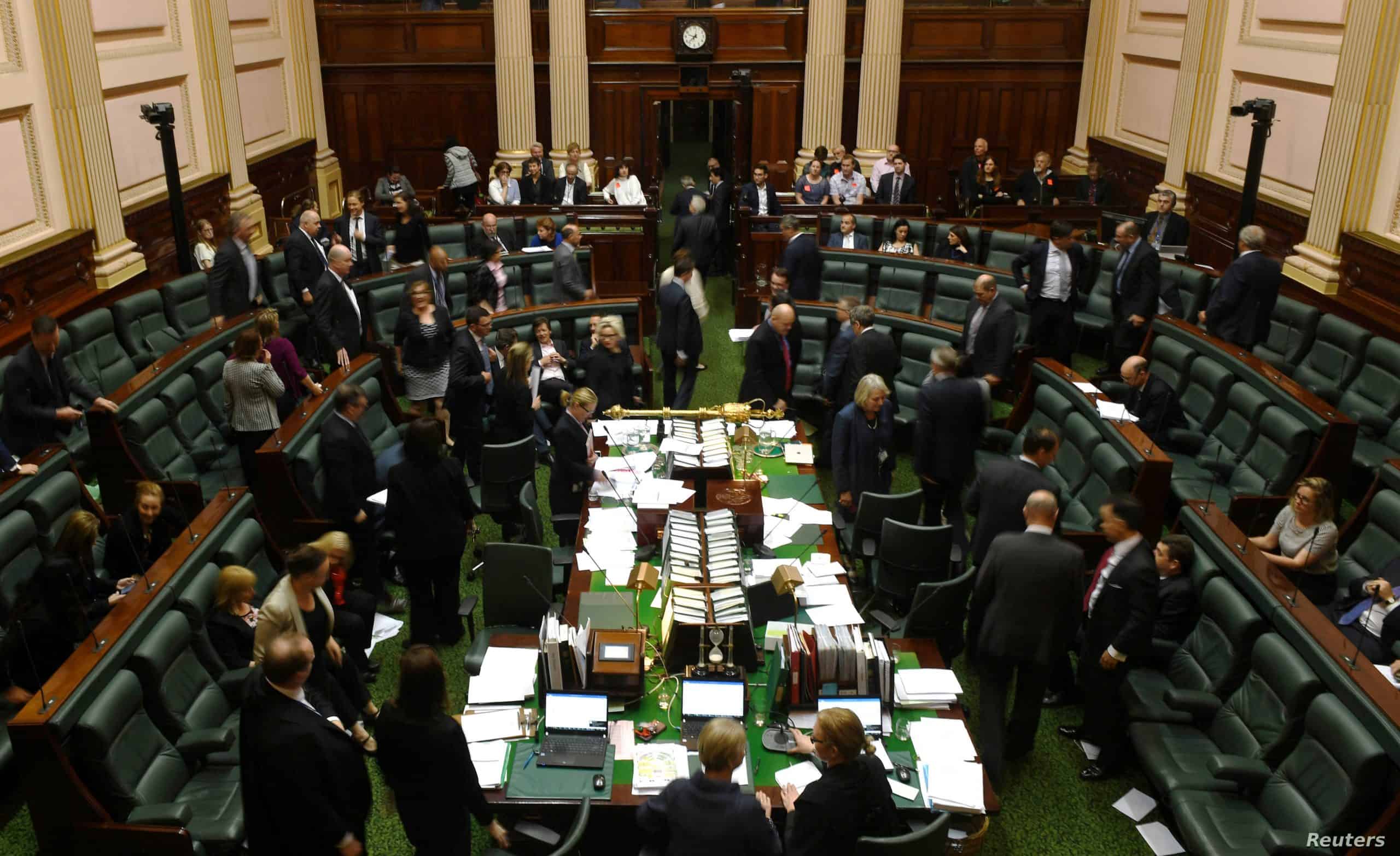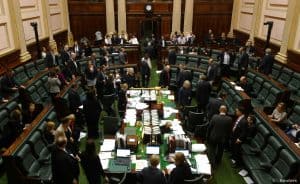Join Our Telegram channel to stay up to date on breaking news coverage
The Australian Senate has recently struck down a controversial bill that aimed to criminalize the use of cash for transactions above a certain threshold. One Nation Senator Malcolm Roberts confirmed that the bill, which was introduced last year, had been “triumphantly binned.”
An Incursion on Rights
Titled the Currency (Restrictions on the Use of Cash) Bill, this legislation proposed bans as much as $25,000 on individuals and businesses that get payments of more than $10,000. Alternatively, offenders could face two years in jail.
While the bill’s proponents claimed that it would have helped to tackle financial crime and money laundering, Roberts argued that it was just impractical.
The Senate sided with the One Nation Senator, killing the bill by a unanimous vote.
In his statement, Senator Roberts explained that the bill was out of touch with Australians, particularly the elderly and poor, who rely heavily on cash. He added that the bill would have infringed on their rights to hold a legal tender, imposing a pointless fine on them.
It is worth noting that cash transactions above $10,000 in the country need to be reported to the Australian Transaction Reports and Analysis Centre (AUSTRAC). The government agency functions as Australia’s anti-money laundering (AML) regulator and financial crimes enforcer. However, parties engaged in such transactions don’t have to deal with any fines.
While Roberts and his party are celebrating, some others believe the battle is far from over. Alex Saunders, the founder of local news source Nuggets News, said on Twitter that things have died down for now. However, a bill in that order will make a comeback in the future.
The poorly thought out & rushed attempts to ban cash by the powers that be were met with strong disdain from the people. This time the little guy can won. But no doubt they'll be back. 🇦🇺🏦💵 #CashBan #WarOnCash #auspol #ausecon #ausbiz https://t.co/FGUrFWQlmv
— Alex Saunders 🇦🇺👨🔬 (@AlexSaundersAU) December 3, 2020
Australia’s Cash Demand
In truth, Australia has a significant dependence on cash. Even with rising covid-19 cases, the country continued to see a surge in demand for cash.
Following a parliamentary committee meeting in August, Reserve Bank of Australia Governor Philip Lowe explained that a rise in citizens’ anxiety led to cash hoarding.
“While COVID-19 has accelerated the shift to electronic payments, there has, paradoxically, also been record demand for banknotes,” he said in his opening statement. Some people seem to be wanting to keep some extra money at home. The result has been that the stock of banknotes on issue has increased from $83 billion in February to $94 billion today,” he said.
The country’s increase in cash holdings was also a factor in the Reserve Bank’s initial objection to a Central bank Digital Currency. With more countries adopting CBDCs, the Reserve Bank initially bucked against the trend.
In September, local news sources reported that the Bank had highlighted the success of its New Payments Platform – a payment initiative that delivers real-time transaction settlements for individuals and businesses. It also highlighted that the demand for banknotes was on the rise.
The Bank would eventually walk back on that decision as it announced an exploratory panel to study the potential uses of a wholesale CBDC in October.
Join Our Telegram channel to stay up to date on breaking news coverage


